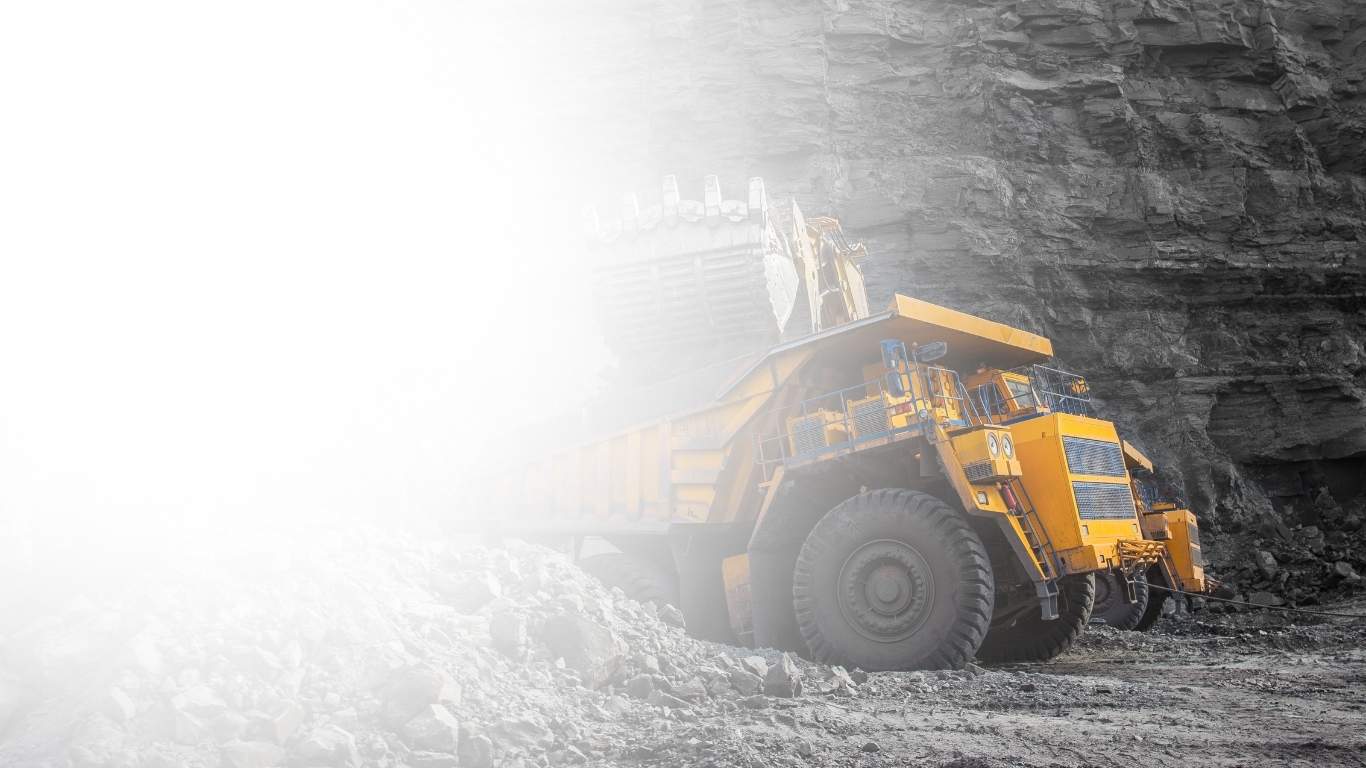Selected Topics: VAT on Coal Transactions
The Director General of Taxes, Bimo Wijayanto, recently stated that the Directorate General of Taxes (DGT) is closely monitoring a sharp rise in tax refund claims from the mining sector in the second quarter of 2025. According to Bimo, the spike is primarily attributed to volatile commodity prices, particularly coal (Kontan, 2025).
Earlier, the Minister of Finance, Sri Mulyani, also noted that the uptick in tax refunds would weigh on state revenue during the midterm period of 2025. She explained that this trend stems from changes introduced by the 2021 amendment to the VAT Law, which reclassified coal as a taxable good (barang kena pajak/BKP). As a result, input VAT on coal purchases can now be claimed as a credit (Bloomberg, 2025). This article revisits the VAT treatment of coal to provide clarity on its shifting status.
Coal as a BKP
Under Law of the Republic of Indonesia Number 8 of 1983 on VAT, the term “coal” does not appear explicitly in either the legal provisions or their elucidations. However, it is essential to understand that the VAT Law operates on a negative list system, meaning that all goods and services are subject to VAT unless explicitly exempted.
Since coal is not listed as an exempt good, it is legally considered a BKP and subject to VAT under the VAT Law. This interpretation is reinforced by the Director General of Taxes Letter Number S-1450/PJ.51/2001, Number 1, Letter b(1), dated December 18, 2001, which confirms that coal falls under the category of tangible goods subject to VAT as a result of industrial processing, under Law of the Republic of Indonesia Number 8 of 1983.
Furthermore, in the first revision of the VAT Law (Law of the Republic of Indonesia Number 11 of 1994) and the second revision of the VAT Law (Law of the Republic of Indonesia Number 18 of 2000), this classification remained unchanged. This suggests that coal continued to be treated as a BKP throughout both VAT Law amendments.
Coal as a non-BKP
A shift occurred in the third amendment of the VAT Law (Law of the Republic of Indonesia Number 42 of 2009), which introduced specific exclusions. Article 4A, Paragraph (2), Letter a, stipulates that mining or drilling products taken directly from their source are exempt from VAT.
Furthermore, the article’s elucidations specify that this includes coal in its raw form, prior to being processed into coal briquettes. Based on this provision, coal was effectively removed from the BKP list, making input VAT on coal purchases ineligible for crediting.
Reclassification in the Job Creation Law
The status of coal changed again under Law of the Republic of Indonesia Number 11 of 2020 concerning Job Creation. The law amended Article 4A, Paragraph (2), of the VAT Law, explicitly excluding coal from the list of mining or drilling products taken directly from their source that are exempt from VAT.
As of November 2, 2020, coal is once again considered a BKP, and its sale is subject to VAT. This means that taxable entrepreneurs are required to issue tax invoices for coal sales and are eligible to claim input VAT credit on related purchases.
Expansion Under the Harmonization of Tax Regulations Law
Different laws come with different provisions. This is especially evident in how VAT is applied to coal. While the Job Creation Law specifically reimposed VAT on coal, Law of the Republic of Indonesia Number 7 of 2021 concerning the Harmonization of Tax Regulations took the scope even further by removing the VAT exemption for all mining and drilling products taken directly from their source.
This change is outlined in Article 4A, Paragraph (2), which removes the VAT exemption for such products. Consequently, not only coal, but also other commodities such as tin, nickel, and bauxite, are now considered BKP subjects to VAT.
This policy shift is to level the playing field and minimize inconsistencies in the VAT treatment of mining products.
Emerging Issues
However, the reclassification of coal and other mining products as BKP has triggered a significant surge in tax refunds. Since coal is now a BKP, input VAT can be credited on its acquisition, as outlined in Article 9, Paragraph (2), Letter a, of the VAT Law, which allows taxable entrepreneurs to credit input tax against output tax within the same tax period.
The government revealed that this has led to a considerable drop in net state revenue. In January 2025 alone, net revenue contracted by 41.9%, mainly due to increased VAT refunds. The trend continued into February, with a year-on-year decline of 17.2%.
The Director General of Taxes has stated that the DGT is preparing strategies to manage the surge in refund claims. Thus, taxpayers are also encouraged to anticipate the impact and prepare accordingly. If you need some assistance, Ideatax is ready to help.
References
- BloombergRestitusi Pajak Naik Akibat Batu Bara Gratis PPN, DJP Cari Solusi
- KontanRestitusi Pajak Batubara Menggunung, DJP Siapkan Solusi Baru


